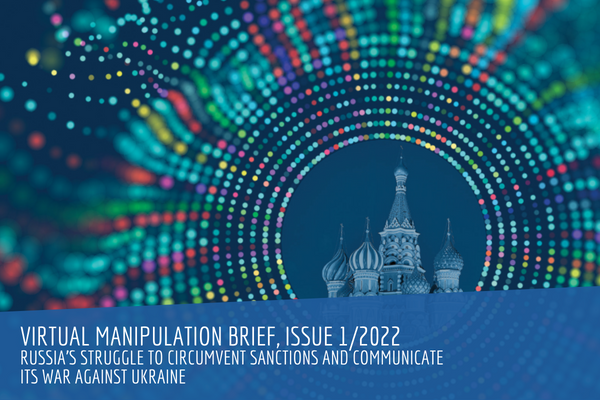On the popular Russian-language social network VK, material about the NATO presence in the Baltics and Poland was viewed no less than 11 million times this quarter (February – April 2019). 93% of these views were for material from community spaces.
On VK, community spaces are increasingly important, both as a sources of content and as places for discussion. The move to groups has implications beyond the Russian-language space. Facebook has recently launched a push to promote community spaces. These spaces, normally closed to researchers, offer huge potential for misuse and manipulation.
Our investigation of VK community spaces reveals that the vast majority of groups in which NATO is discussed are communities with radical pro-Kremlin or nationalist tendencies, or dedicated to the conflict in Ukraine. These communities generate more posts and attract more views even than communities created by Russian state media outlets.
On Twitter, bots tweeting in Russian remain a bigger problem than bots tweeting in English. In Russian, they account for 43% of all messages—a significant increase in recent months. In English bots posted 17% of messages. English-language bots this quarter overwhelmingly amplified news content from RT (formerly Russia Today) and other pro-Kremlin news outlets. On all platforms, discussion regarding NATO troops in Poland attracted the largest number of posts this quarter.
Finally, in this issue we publish our first case study of manipulation on Facebook. It looks at the degree to which bots and trolls targeted posts promoted by Latvian political parties contesting the European Elections in late May 2019.






